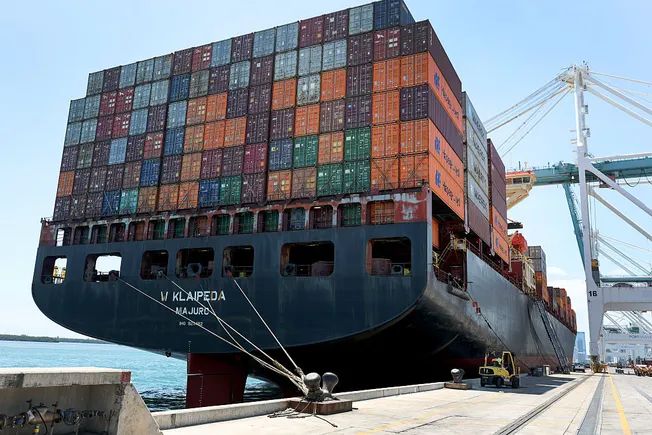Philippine Businesses React to Tariffs: Adapting Strategies in Response to US Economic Policy

Navigating Trade Winds: Philippine Businesses Adjust to Tariff Impacts
The ongoing trade tensions and tariff adjustments, particularly those originating from the United States, are significantly impacting businesses across the Philippines. Recent survey data reveals a compelling trend: many Philippine companies are proactively adapting their financial strategies to align with evolving US economic policies. This shift isn't just reactive; it's a deliberate response to a changing global landscape where policy decisions have a direct bearing on business operations and future growth.
US Economic Policy: The Dominant Driver of Strategic Change
The survey findings are striking. A significant 48% of Philippine businesses polled identified US economic policy as a top three factor influencing their strategic direction over the next 12-24 months. This surpasses other potential drivers, highlighting the perceived importance and potential impact of these policies on the Philippine business environment. It’s clear that businesses are paying close attention to developments in Washington and factoring them into their long-term plans.
Corporate Finance Responses: What are Philippine Companies Doing?
So, how are Philippine companies responding to these tariffs and broader economic policy shifts? While the specific actions vary depending on the industry and company size, several common trends are emerging:
- Supply Chain Diversification: Many are actively seeking alternative sourcing locations to reduce reliance on goods subject to tariffs. This includes exploring options within Southeast Asia and beyond.
- Focus on Local Production: The tariffs are incentivizing some companies to increase local manufacturing and production to avoid import duties and potentially qualify for government support.
- Investment in R&D: Businesses are investing in research and development to innovate and create new products and services that are less susceptible to tariff impacts.
- Strategic Pricing Adjustments: Companies are carefully evaluating their pricing strategies, balancing the need to maintain competitiveness with the impact of increased costs due to tariffs. Some may absorb costs, while others may pass them on to consumers.
- Financial Hedging: To mitigate currency fluctuations and potential losses resulting from trade uncertainties, many are employing financial hedging strategies.
Beyond the Immediate Impact: Long-Term Implications
The current situation necessitates a proactive and adaptable approach from Philippine businesses. The long-term implications of these trade policies are still unfolding, but it’s evident that businesses that can quickly adapt and innovate will be best positioned to thrive. This includes embracing digital transformation, strengthening relationships with key stakeholders, and continuously monitoring the global economic environment.
Looking Ahead: Collaboration and Advocacy
The Philippine government and business organizations have a crucial role to play in supporting businesses through this period of uncertainty. This includes fostering collaboration, providing access to information and resources, and advocating for policies that promote a stable and predictable trade environment. The ability to navigate these challenges will be key to sustaining economic growth and competitiveness in the years to come.






